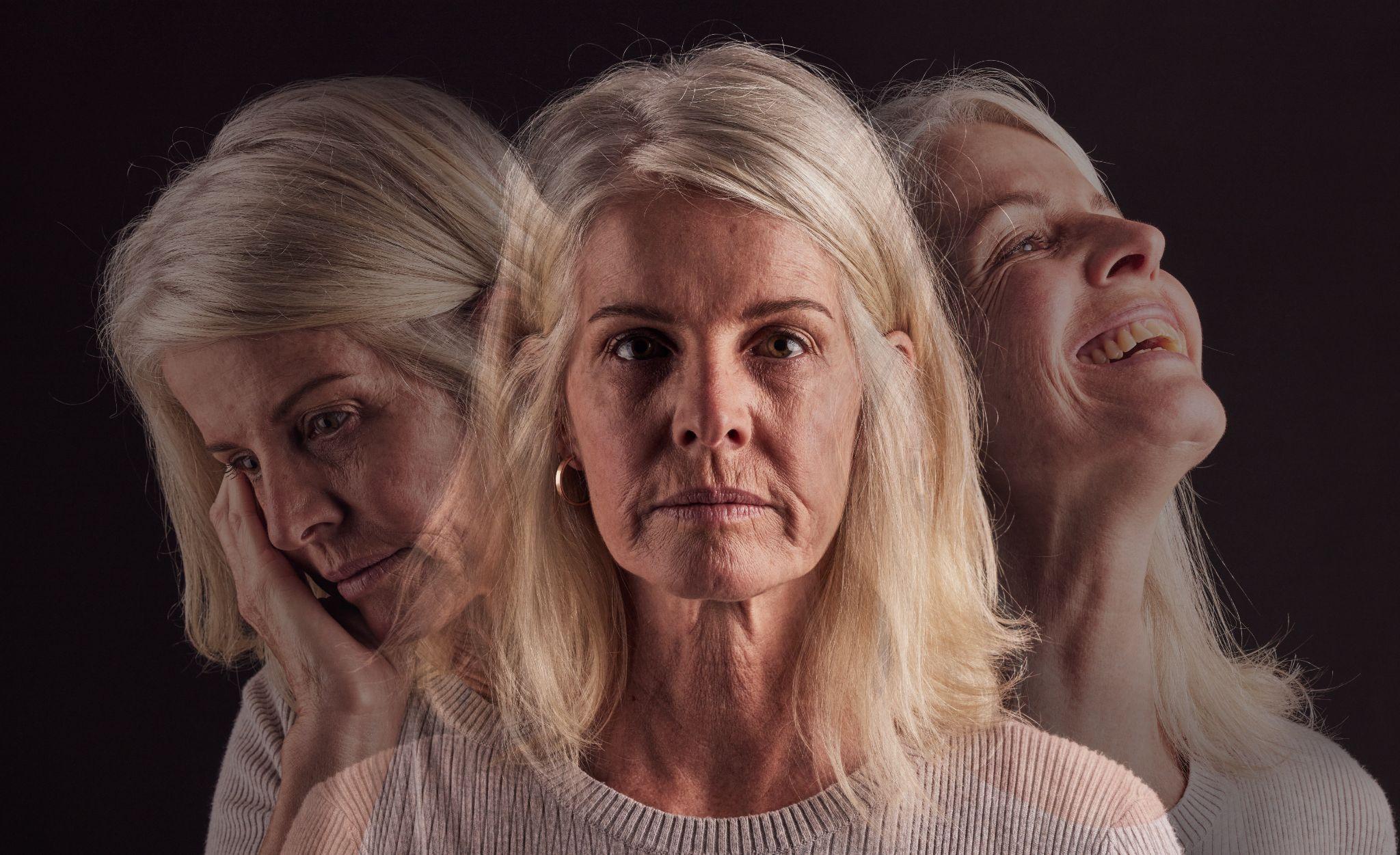Early recovery from addiction is often described as an emotional rollercoaster. One moment, you may feel motivated and optimistic, and the next, you’re overwhelmed by sadness, anxiety, or irritability. These rapid mood changes can be unsettling, but they’re a normal part of healing as your body and mind adjust to life without substances.
Severe mood swings during withdrawal and early recovery are common, but they don’t have to derail your progress. With the right strategies, you can stabilize your emotions, regain control, and build a strong foundation for lasting sobriety.
If you’re struggling with these feelings, know that you’re not alone—and there are steps you can take to feel better.
Why Mood Swings Happen During Withdrawal and Early Recovery
Understanding the root causes of severe mood swings can make it easier to handle them. Mood changes during early sobriety result from a mix of physical, emotional, and behavioral factors.
Physical Causes
- Brain Chemistry Changes: Substance use disrupts neurotransmitters like dopamine and serotonin, which regulate mood. During early recovery, your brain is working to restore balance, leading to rapid mood changes.
- Hormonal Imbalances: Stress hormones such as cortisol often fluctuate as your body adjusts to sobriety, impacting emotional stability.
- Nutritional Deficiencies: Addiction may lead to poor eating habits, causing vitamin and mineral imbalances that affect mood regulation.
Emotional Causes
- Anxiety and Depression: Many people in early recovery experience intense feelings of anxiety or sadness as they face life without substances.
- Past Trauma: Emotions that were numbed by drugs or alcohol can resurface, making you feel vulnerable or overwhelmed.
Behavioral Triggers
- Lack of Coping Skills: Without the coping mechanisms that substances once provided, managing stress can feel impossible.
- Lifestyle Changes: Early sobriety often involves major adjustments, such as rebuilding relationships, starting therapy, and forming new routines.
Most individuals in early recovery report experiencing emotional instability. This makes it crucial to recognize these patterns and learn how to combat mood swings before they escalate.
The Impact of Mood Swings on Recovery and Relationships
Unmanaged mood swings can affect every part of your recovery, from personal well-being to relationships and daily routines.
Personal Well-Being
Severe mood swings may lead to cravings or feelings of frustration, increasing the risk of relapse.
Emotional instability can create self-doubt, making it harder to stay motivated and focused on recovery goals.
Relationships
Rapid mood changes can strain relationships with family and friends, leading to misunderstandings or emotional outbursts.
Loved ones may struggle to understand your emotions, especially if they aren’t familiar with the challenges of early recovery.
Daily Routine
Mood swings may reduce your focus and productivity, making it difficult to stick to routines like therapy appointments, support groups, or exercise.
Addressing these issues early prevents setbacks and promotes emotional stability as you rebuild your life.

4 Proven Strategies for Managing Mood Swings
If you’re wondering how to combat mood swings, the following strategies can help:
1. Healthy Lifestyle Adjustments
Balanced nutrition. Eat foods rich in omega-3 fatty acids (salmon, walnuts) and antioxidants (berries, leafy greens) to support brain health.
Exercise and movement. Physical activity releases endorphins, reducing stress and improving mood. Even light activities like walking or yoga can help.
Hydration and sleep. Drinking enough water and getting 7–9 hours of sleep per night is essential for emotional regulation.
2. Mindfulness and Emotional Coping Skills
Meditation and yoga. Practicing mindfulness reduces stress and improves emotional balance, helping you stay grounded.
Journaling and gratitude practices. Writing about your thoughts and listing things you’re grateful for can help you process emotions and shift to a more positive mindset.
3. Professional Support Systems
Therapy options. Cognitive behavioral therapy (CBT) helps address negative thought patterns, while dialectical behavior therapy (DBT) focuses on emotional regulation.
Medication-assisted treatment (MAT). If recommended, medications can help stabilize mood and manage withdrawal symptoms.
Peer support groups. Groups like Alcoholics Anonymous (AA) and Narcotics Anonymous (NA) offer connection and shared experiences that reduce isolation.
4. Avoiding Triggers
Identify emotional triggers. Be aware of people, places, or situations that bring up stress or cravings.
Create a relapse prevention plan. Develop strategies to handle emotional breakdowns, such as reaching out to a sponsor or practicing breathing exercises.
These strategies create structure and promote emotional stability, empowering you to handle challenges without turning back to substances.
Building Emotional Resilience for Long-Term Recovery
Long-term recovery requires emotional resilience, which allows you to navigate life’s ups and downs without losing stability.
- Develop emotional intelligence. Learn to recognize and regulate your emotions instead of reacting impulsively.
- Practice stress management techniques. Deep breathing, visualization, and grounding exercises can calm your nervous system during tough moments.
- Incorporate daily self-care. Activities like reading, listening to music, or spending time outdoors reinforce emotional balance and well-being.
The more you prioritize emotional resilience, the easier it becomes to manage stress and prevent severe mood swings.
When to Seek Professional Help
Mood swings can sometimes point to deeper issues, such as anxiety, depression, or PTSD. It’s important to seek professional help if:
- Your mood swings last for long periods
- You feel unable to function in daily life
- You experience thoughts of self-harm or despair
Treatment programs that address dual diagnosis—co-occurring mental health and addiction issues—are often the most effective way to support emotional stability and recovery.
Find Emotional Balance With Lumina Recovery
Managing mood swings during withdrawal and early recovery is challenging, but with the right support, it’s entirely manageable. Combating mood swings by exploring their causes, impacts, and proven strategies for managing rapid mood changes can empower individuals to regain emotional stability and build a stronger foundation for lasting recovery.
At Lumina Recovery, we specialize in dual diagnosis treatment to address co-occurring disorders like anxiety and PTSD, along with cognitive behavioral therapy (CBT) to help you develop emotional coping skills. These services are tailored to stabilize your mood and strengthen your recovery.
Take the next step toward emotional balance—contact us today to learn more about our services and how we can support your recovery journey.


